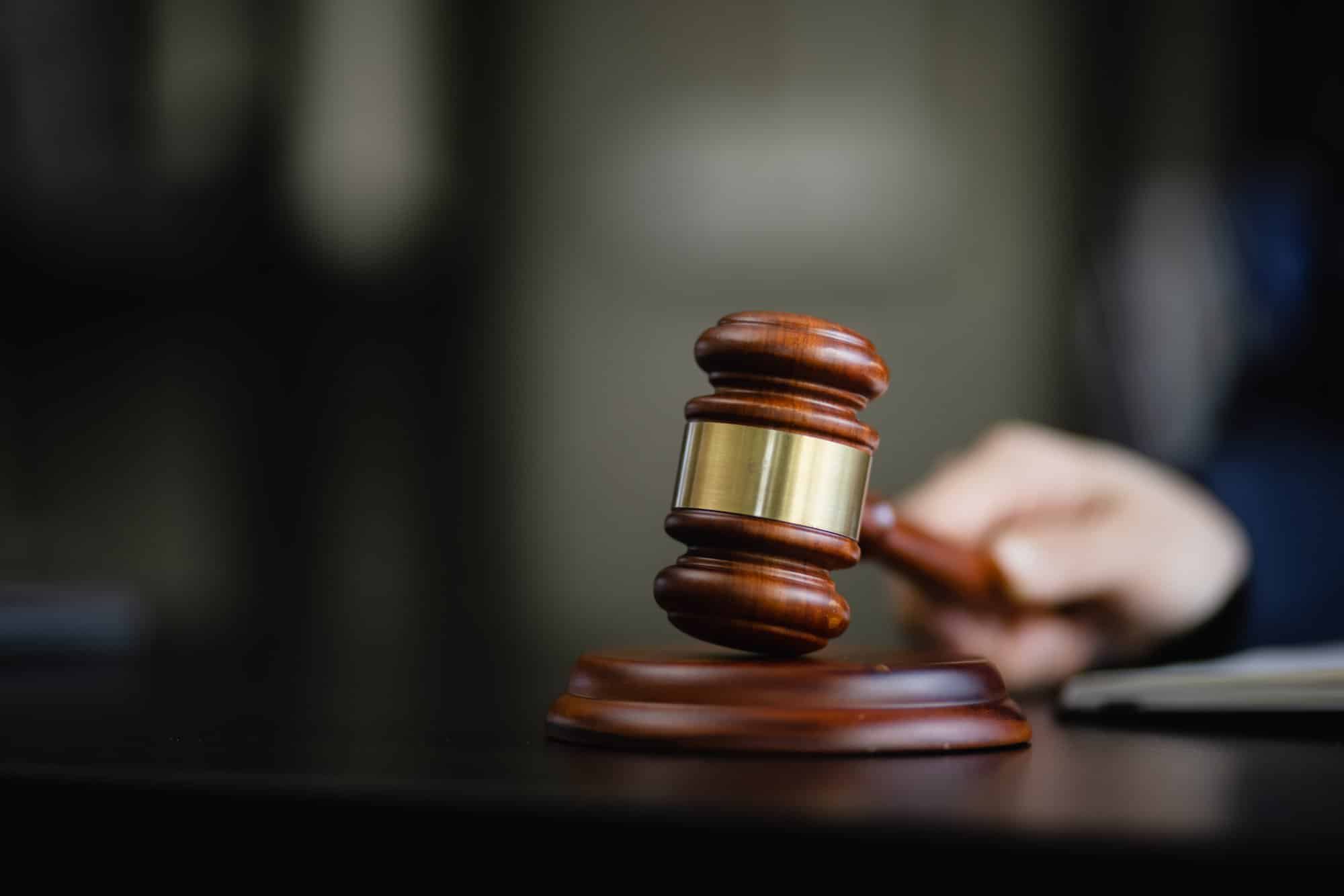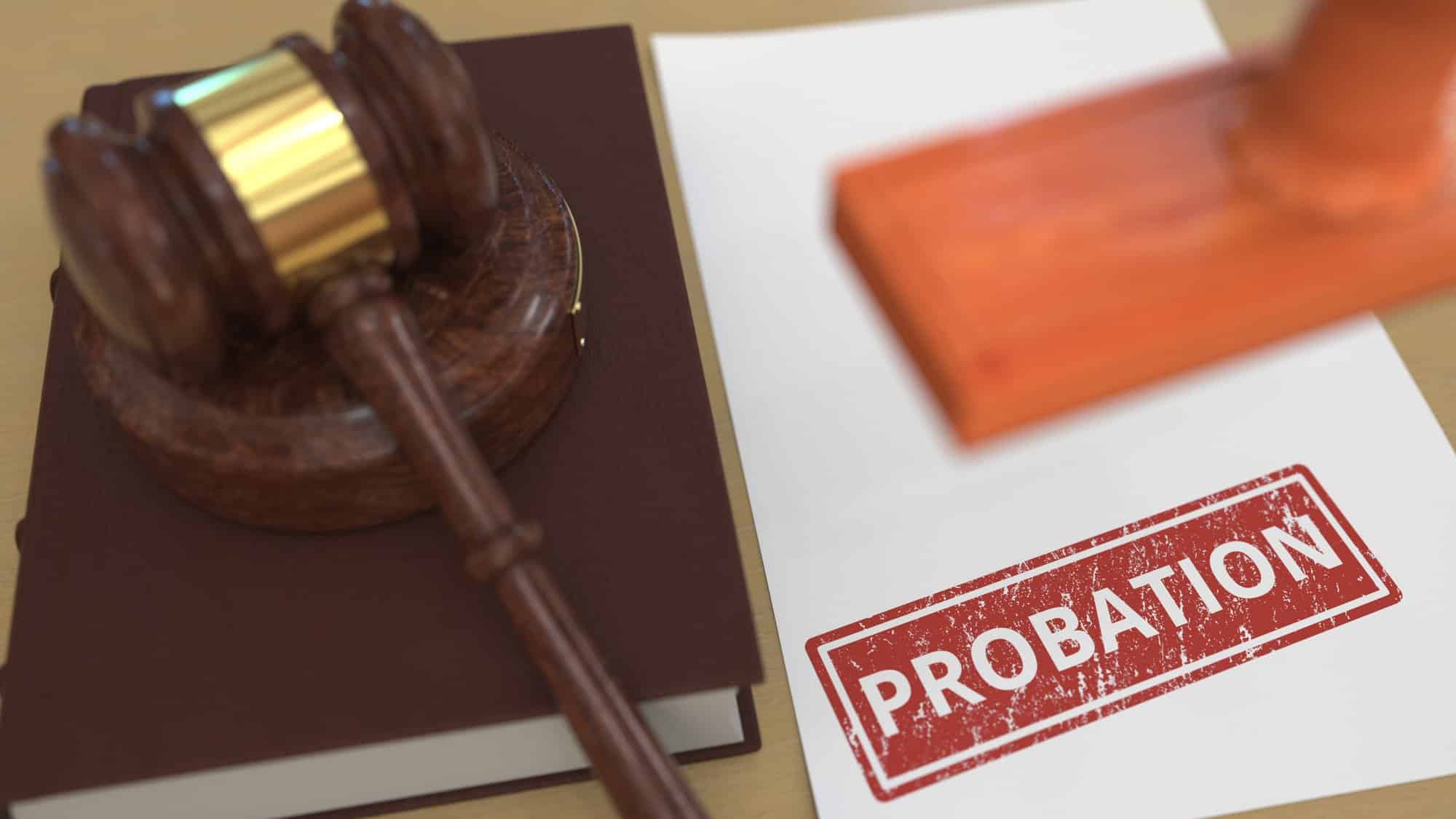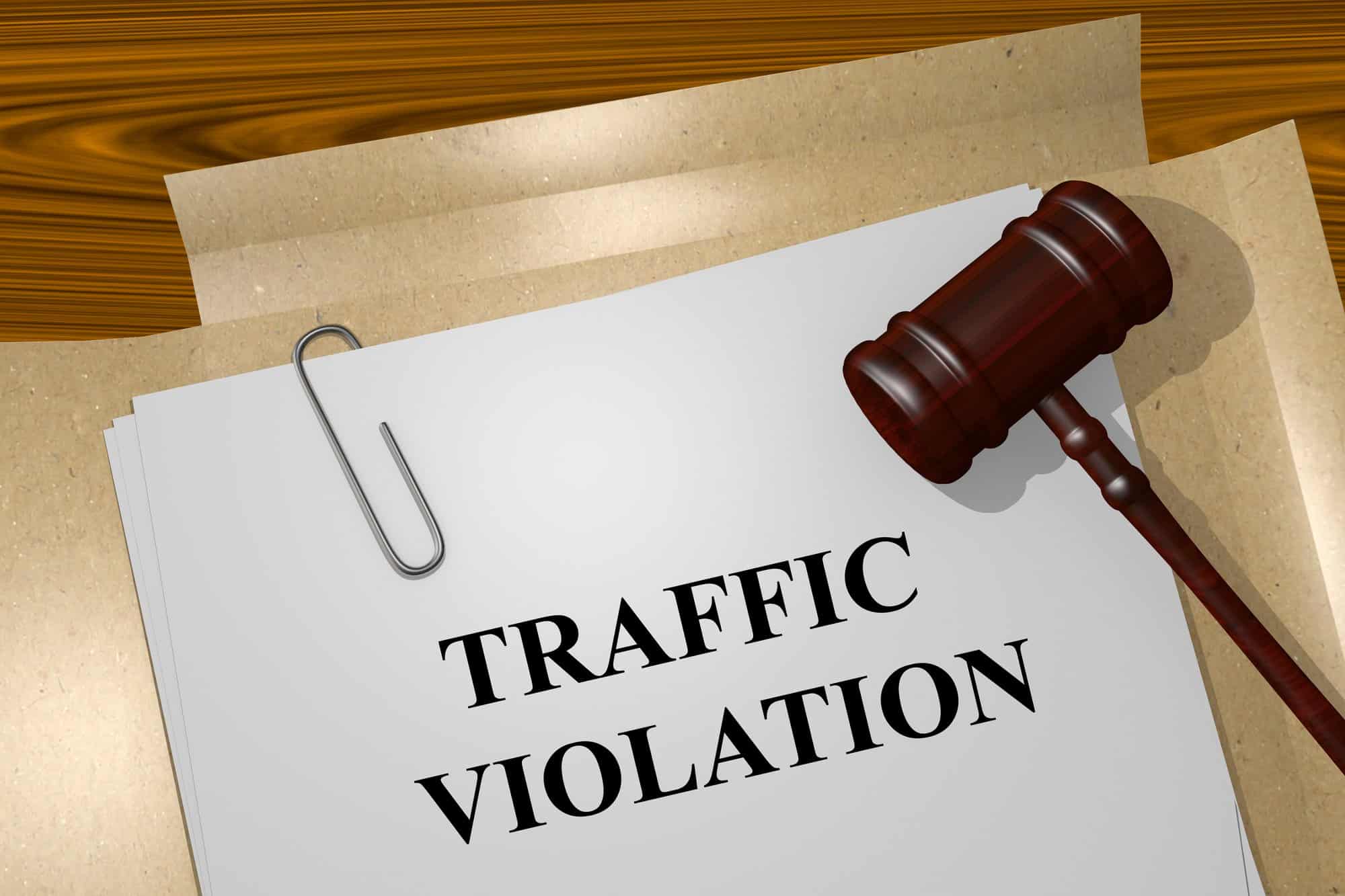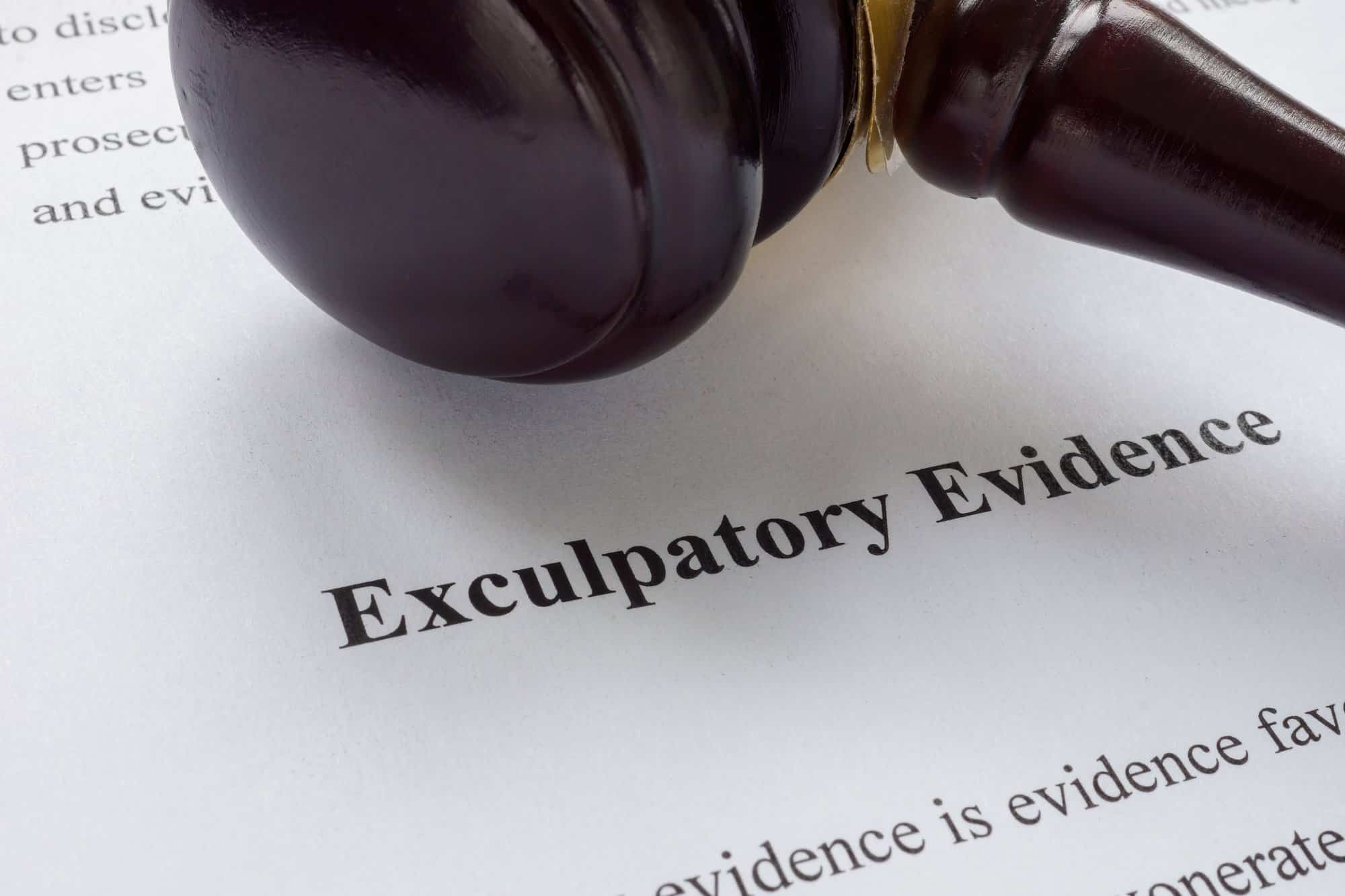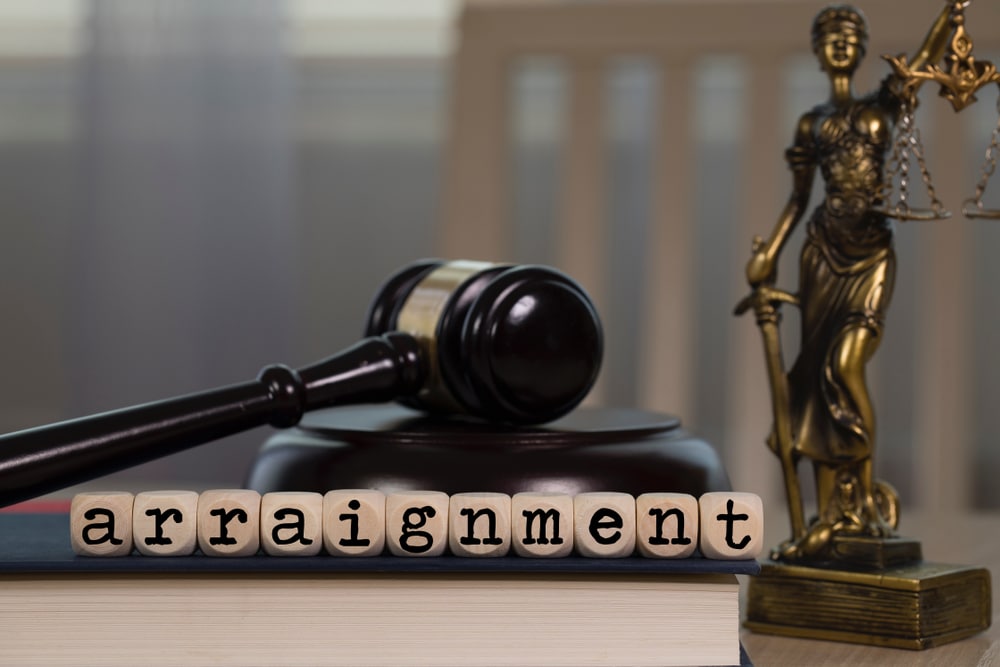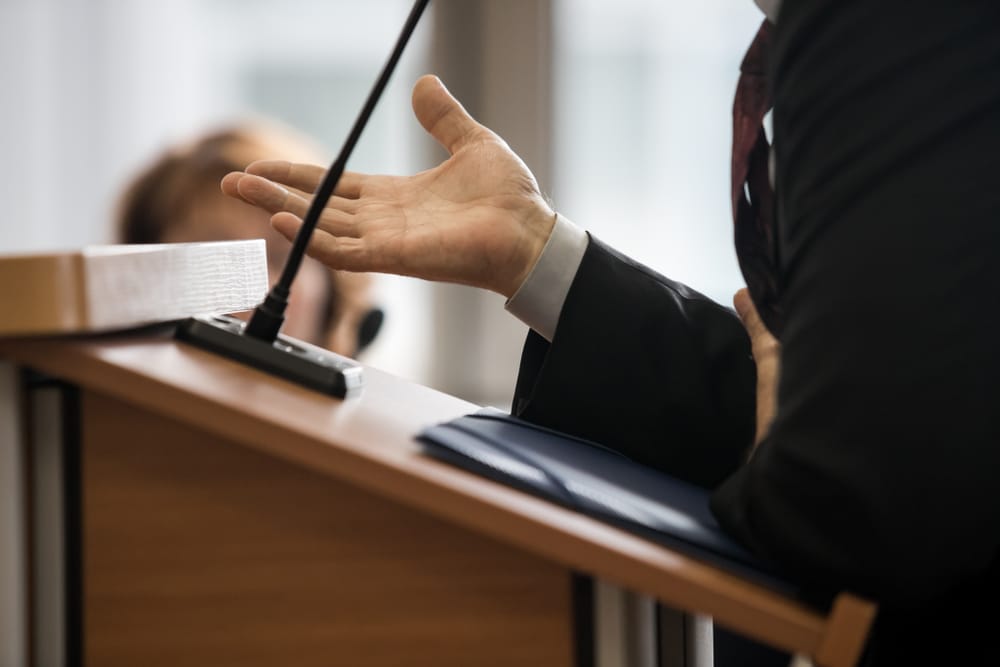The right to a speedy trial is a fundamental right under both the U.S. Constitution and New York State law. It guarantees that an individual charged with a crime must be prosecuted in a timely manner — they cannot be incarcerated indefinitely without having their case heard by a judge or jury of their peers. Not only can delays in bringing a case to trial result in longer jail time, but they can also harm the defense of the accused. This right is essential to protect the civil liberties of the accused and ensure accountability within the criminal justice system.
The Constitutional Right to a Speedy Trial
The Sixth Amendment of the U.S. Constitution guarantees every defendant in a criminal case the right to have a “speedy and public trial” by an impartial jury. However, the Constitution does not specify a time frame for a speedy trial, leaving states to define their own rules. New York’s Criminal Procedure Law outlines certain timelines by which the prosecution must be ready for trial — and provides guidance to ensure the right is not violated.
New York’s Speedy Trial Statute: CPL § 30.30
Under New York’s Criminal Procedure Law, CPL § 30.30, prosecutors must be “ready for trial” within a certain amount of time, depending on the type of charge being brought. “Ready for trial” essentially means that the prosecution has completed the necessary steps to bring the case to trial. This includes complying with their disclosure obligations, ensuring witnesses are available, and filing the necessary paperwork.
Under the statute, the following time frames are imposed to be “ready for trial:”
- Felonies — The prosecution must be prepared to bring the case to trial within six months of commencing the criminal case.
- Class A misdemeanors — The prosecution must be ready to go to trial within 90 days of filing the accusatory instrument for Class A misdemeanors.
- Class B misdemeanors — For Class B misdemeanors, the prosecution is required to be ready for trial within 60 days of commencing the action.
- Violations — The prosecution must be prepared for trial within 30 days.
While a case may be dismissed if the prosecution is not ready for trial within the applicable time frame, it’s important to understand that there are certain exclusions from the statutory time frames. This can make months, or even years, of time not chargeable to the prosecution. Excludable time can include adjournments consented to by the defense, time necessary to file motions, and the unavailability of the defendant.
What Happens if the Prosecution Violates the Speedy Trial Statute?
In the event the prosecution does not meet the deadlines under New York’s Speedy Trial statute, the defense can file a 30.30 motion requesting to dismiss the criminal charges. Courts in New York consider various factors when deciding a 30.30 motion. To determine whether the defendant’s rights were violated, the judge will assess the length of the delay, the reason for the delay, and the degree of prejudice to the defendant. If the motion is successful and the court determines the defendant’s right to a speedy trial was violated, the charges may be dismissed with prejudice — this means the same charges cannot be brought again against the defendant.
Contact an Experienced New York Criminal Defense Attorney
If you’ve been charged with a crime, it’s important to have a knowledgeable criminal defense attorney by your side to protect your rights. The attorneys at D’Emilia Law offer reliable representation and aggressive advocacy for a wide range of criminal offenses, and are committed to obtaining the best possible outcome in every case. To schedule a consultation, contact us at 1-888-DEMILIA.

